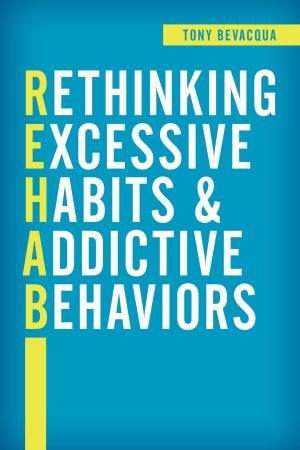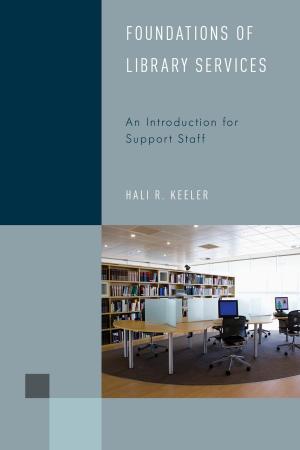Errors in Evidence-Based Decision Making
Improving and Applying Research Literacy
Nonfiction, Reference & Language, Education & Teaching, Educational Theory, Evaluation| Author: | Robert W. Janke, Bruce S. Cooper | ISBN: | 9781475810820 |
| Publisher: | Rowman & Littlefield Publishers | Publication: | June 25, 2014 |
| Imprint: | Rowman & Littlefield Publishers | Language: | English |
| Author: | Robert W. Janke, Bruce S. Cooper |
| ISBN: | 9781475810820 |
| Publisher: | Rowman & Littlefield Publishers |
| Publication: | June 25, 2014 |
| Imprint: | Rowman & Littlefield Publishers |
| Language: | English |
Existing research methods textbooks emphasize the mechanics of HOW to conduct research studies. However, many students fail to see WHY it is important to learn about research because they will never conduct research studies. These students do not become engaged in learning and believe that research courses and textbooks are useless. They do not see the need of developing “research literacy” to understand the applications and limitations of research to their daily lives. This book engages students with a nonmathematical presentation that includes real examples of the consequences of research errors in daily life. The organization facilitates learning with objectives, concepts, description of errors, best practices, and examples.
This is a research methods textbook for students who fear research textbooks. The diversity of topics in this book permits application to research methods courses in these academic fields: Economics, Education, Political Science, Psychology, and Sociology. This should be the first book for all students to introduce research and develop “research literacy”.
Existing research methods textbooks emphasize the mechanics of HOW to conduct research studies. However, many students fail to see WHY it is important to learn about research because they will never conduct research studies. These students do not become engaged in learning and believe that research courses and textbooks are useless. They do not see the need of developing “research literacy” to understand the applications and limitations of research to their daily lives. This book engages students with a nonmathematical presentation that includes real examples of the consequences of research errors in daily life. The organization facilitates learning with objectives, concepts, description of errors, best practices, and examples.
This is a research methods textbook for students who fear research textbooks. The diversity of topics in this book permits application to research methods courses in these academic fields: Economics, Education, Political Science, Psychology, and Sociology. This should be the first book for all students to introduce research and develop “research literacy”.















